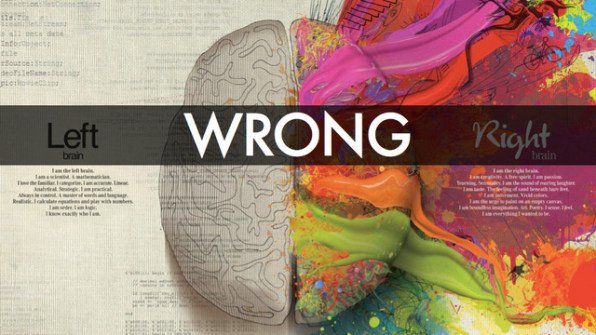Breaking Patterns
Imagine this: you’re sitting at your desk, performing the same task, over and over, day after day. You’re entering all the information from a 1980s telephone book into an excel spreadsheet and you just reached the Bs. You’ve got a long way to go. Now imagine this: you step away from your computer to take a break and you’re struck by an idea. You have a friend in the engineering team who knows how to write a small piece of code to scrape the same information online. Your friend writes the script in 15 minutes and you throw the telephone book off the top of your building to see where it will land.
This example might sound outlandish, but a lot of us (at one time or another) are stuck with that telephone book. We’re in the habit of doing what we’ve done before, or what we’ve been told to do. Our thinking is ingrained from past practice or some one else’s rulebook.
If we took a moment to step away from that mindset we’d realize there’s a better way. But that’s easier said than done. Changing your mind is no easy thing. We have natural tendencies towards certain patterns, school and college compound those patterns. Think of something you believe strongly – the virtues of your home team, the best way to tie your shoe, the optimal strategy for pitching a client – and imagine someone is telling you there’s a better team, a better tactic. What’s your immediate response? Resistance? Suspicion? Outright disbelief? You know you’re right.
But what if you’re not?
There’s no way to know for sure unless you venture into untested ground, that murky area filled with potential mine fields and failure, dead ends and sink holes. There’s very real risk to thinking differently, to taking a new approach. That awesome idea you had might result in wasted time and a pile of unfinished work. Just look at Apple before Steve Jobs returned or the dramatic downfall of RIM and its Blackberry device. I bet you can name a few of your own.
But if you stick to the grind, if you stay firmly planted in your office chair with that open telephone book, you’ll never discover that magic solution. You’ll never stand on top of that building or feel the joy of discovering your next great idea.
So how did they do it? They got creative.
There are numerous books and articles on the process of creativity and innovation. Amazon sells almost 64,000 books on innovation and more than 18,000 on creativity. Fast Company magazine is littered with essays and explorations, like Belle Beth Cooper’s The Science of Great Ideas and Andrew Loos’ 4 Ways to Break the Deadlock. Ted.com has an entire series called The Creative Spark and documentaries abound. We have no excuse for clinging to our old patterns.

